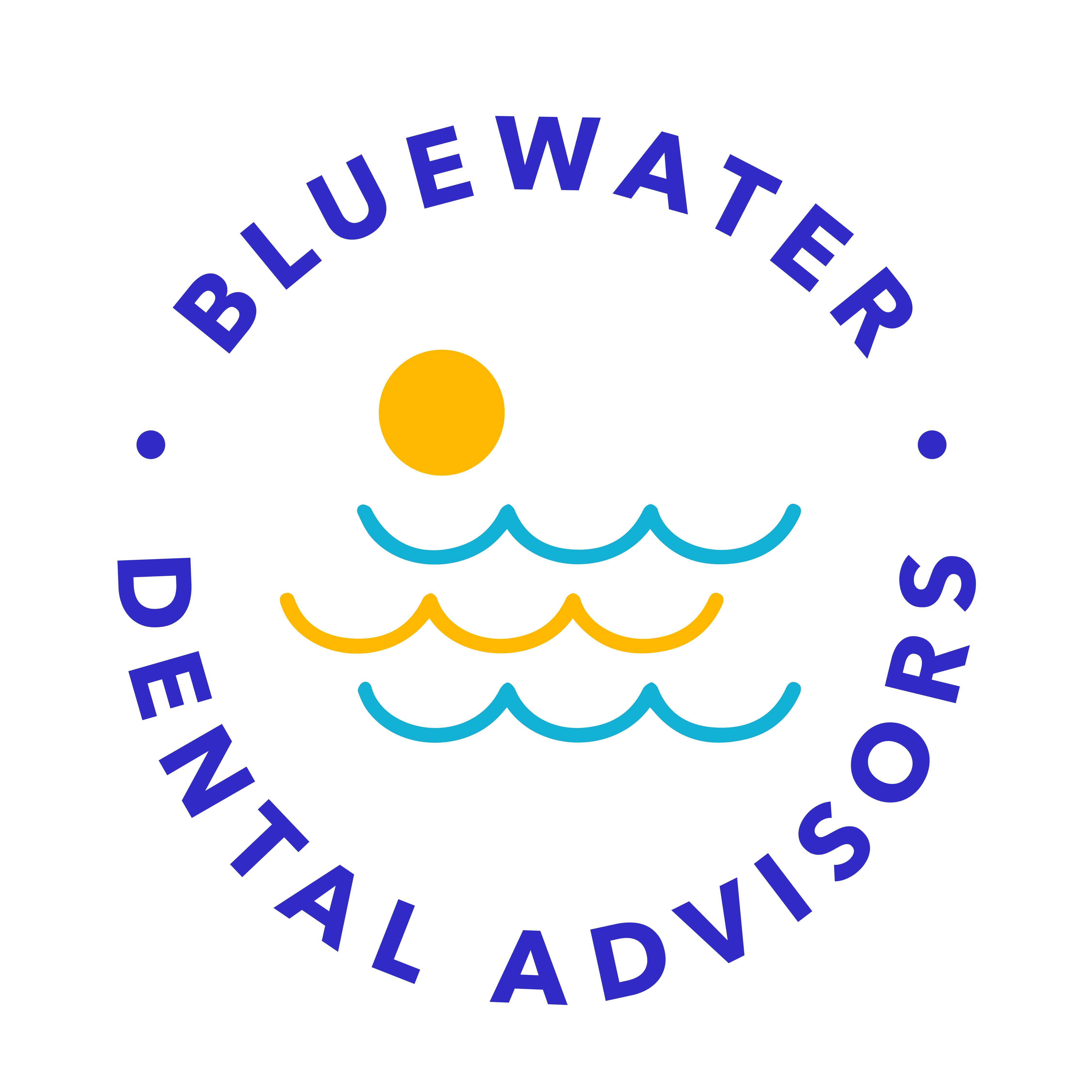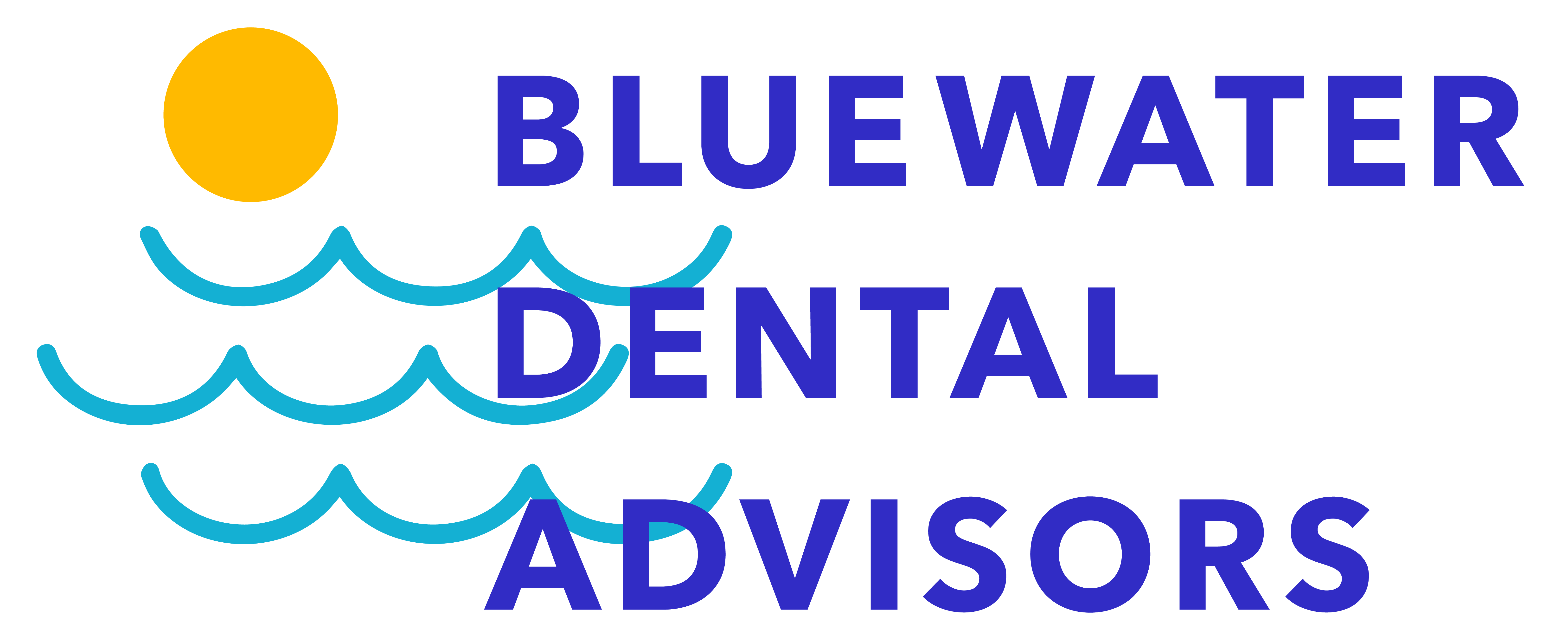There are few negative things to be said about choosing a career in the medical field, but one that comes up time and time again is the prevalence and pervasiveness of the debt accrued in student loans. While student loan debt is considered a “good debt” that builds credit and helps people advance their dreams, it is still a real loan with real interest and real consequences if it is not paid on time. On average, medical students accrue around $200,000 in debt by graduation, which does not include the interest that will be tacked on—and depending on the type of loan, it may have even started accruing interest long before you received your first paycheck.
While those in the medical profession are high earners, the length of the education period means that many begin to tackle their loans much later than their Bachelors-educated counterparts. As you start your career, begin paying student loan debt back, and start thinking about retirement, it can feel like a lot to juggle financially. Fortunately, there are plenty of strategies for expediting the repayment process that physicians are wise to learn.
Start Paying Off Student Loan Debt Early
If you happen to be reading this while enrolled in a residency program, go make a student loan payment right now if you’re able to! While many people defer loans during residency as they do not have much in the way of extra funds, even simply applying your tax return or a measly sum each month to your student loans can go a long way in reducing the total amount of interest you accrue. Pausing payments for three years on the average medical school debt amount can add over $37,000 to your total bill, so any amount of payment early on can still have a big impact.
Look at Your Income-Based Repayment Options
For those who have high amounts of student loan debt (a category that medical professionals often fall into), an income-based repayment plan can be a great option for lowering your payment burden each month. While it is always better to pay more than the minimum payment requirement when you are able to, enrolling in income-based repayments can ensure you only have to pay what you can afford each month and free you up to make extra payments only when you are able.
Consider Student Loan Forgiveness for Doctors
While many doctors will not qualify for student loan forgiveness due to their high income, there are some medical professionals that will. Though Public Service Loan Forgiveness, physicians that work in a public or nonprofit hospital, work in academia, are in the public health sector, or serve in the military for 10 years or more are eligible for at least partial loan forgiveness. There are also many state and federal programs that can provide student loan forgiveness if certain conditions are met. The only caveat is that the sum of the loan that is forgiven will be considered taxable income—so it is wise to save 10-15% of the forgiven amount at minimum so you can cover the required taxes in the spring.
Pay More Than Your Monthly Bill
It is all too easy to allow your lifestyle to rise to meet your income, especially once you start earning your full salary after residency. However, keeping your lifestyle expenses low can help you pay off your student loans faster if you pay more than your minimum payment each month. Your monthly payment is calculated based on your income, but if you can afford to contribute more, you can significantly knock down the total amount of interest you’ll be paying back over the years.
Are you hoping to pay off your student loan debt while planning and investing for the future? We can help. Contact us today to learn more about how you can manage your money, pay off debt, and plan for the future all at one time.
Material discussed is meant for general informational purposes only and is not to be construed as tax, legal, or investment advice. Although the information has been gathered from sources believed to be reliable, please note that individual situations can vary. Therefore, the information should be relied upon only when coordinated with individual professional advice. Links to external sites are provided for your convenience in locating related information and services. Guardian, its subsidiaries, agents and employees expressly disclaim any responsibility for and do not maintain, control, recommend, or endorse third-party sites, organizations, products, or services and make no representation as to the completeness, suitability, or quality thereof.
Registered Representative and Financial Advisor of Park Avenue Securities LLC (PAS). OSJ: 6115 Park South Drive Suite 200, Charlotte, NC 28210; 704.552.8507. Securities products offered through PAS, member FINRA, SIPC. Financial Representative of The Guardian Life Insurance Company of America® (Guardian), New York, NY. PAS is a wholly owned subsidiary of Guardian. Consolidated Planning is not an affiliate or subsidiary of PAS or Guardian. 2020-108468 Exp 12/22



Your Comment
Leave a Reply Now